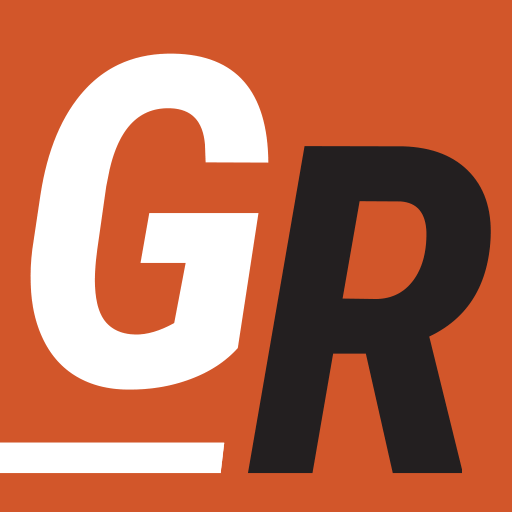 Google’s recent FCC filing gives cable and satellite internet providers plenty to worry about. While Google’s 4 page FCC public comment doesn’t explicitly support regulating Internet service providers as public utilities, it does provide reason why treating ISPs as telecommunications companies would increase competition among providers.
Google’s recent FCC filing gives cable and satellite internet providers plenty to worry about. While Google’s 4 page FCC public comment doesn’t explicitly support regulating Internet service providers as public utilities, it does provide reason why treating ISPs as telecommunications companies would increase competition among providers.
The FCC is currently considering treating Internet service providers as telecommunications services under Title II of the Communications Act. This is at the heart of the Net Neutrality debate. Up until now, Google has had little to say on this issue. While Title II would force Google to comply with new regulations, the company does see an opportunity.
Google correctly points out that currently under section 224 of the Communications Act, only telecommunication companies and cable operators have access to utility infrastructure like telephone poles and wire conduits. Google states:
Section 224 confers upon cable system operators and telecommunications carriers the right of “nondiscriminatory access to any pole, duct, conduit, or right-of-way owned or controlled” by a utility.3 Currently, therefore, a BIAS [basic Internet access service] provider that does not offer its broadband access service on a common-carriage basis, and does not offer other cable television or telecommunications services over its network, lacks the federal protection Section 224 affords to traditional cable systems and telecommunications carriers.
Google is particularly interested in access to utility poles and conduits for deployment of its Gigabit Internet service known as Google Fiber. Since Google isn’t regulated under Title II and isn’t considered a cable system it doesn’t have a right to use utility infrastructure currently used by Comcast, Verizon, AT&T, and other companies delivering the same services.
Google notes that treating broadband Internet access service (“BIAS”) as a telecommunication service promotes fair competition among all broadband providers. In the comment Google explains:
Should the Commission determine that BIAS is a telecommunications service, then Section 224 of the Act2 would afford all BIAS providers, as telecommunications carriers, a statutory right of nondiscriminatory access to utility poles and other essential infrastructure. Cable systems and telephone companies have long had this right. Consistent with Section 10’s public interest test, equal treatment of BIAS providers that are not cable system operators or telephone companies would promote competition as well as broadband investment and deployment.
The way the regulations are currently enforced gives obvious unfair advantage to cable and telecom companies deploying internet and TV services. These companies enjoy a massive cost savings by having access to public utility poles and conduits.
If a company like Google, which is not considered a cable system or a telecom company, decides to deploy broadband access to consumers, they would need to build that wire line infrastructure to deliver the service.
Avoiding redundant infrastructures is obviously in the public interest. Leveling the playing field in delivering broadband service would also serve the public by increasing competition and investment.
These points are important due to the FCCs power of forbearance. Forbearance gives the FCC the power to not apply regulations to a telecommunication carrier if certain criteria are met. Specifically, in order for the FCC to forbear a provision or regulation, it must be in the public interest.
Google understands that if Title II is applied to all Internet service providers, companies currently enjoying access to wire line infrastructure may request the FCC to forbear section 224, denying this access to newly regulated companies like Google.
The public comment filed by Google outlines why forbearance on section 224 is against the public interest should ISPs be regulated under Title II. In other words, the regulation granting access to poll and wire infrastructure should convey to all companies providing broadband access.
Don’t misinterpret this filing as Google supporting Title II regulations for ISPs. Google has remained neutral on the subject thus far. This filing is merely Google protecting their interests should the FCC regulate ISPs under Title II.
Voice Support for Net Neutrality
If you would like to support a free and open internet, you can file a comment with the FCC. Simply select proceeding 14-28 “Protecting and Promoting the Open Internet” from the FCC Comments page. There you can voice your support for ISPs to be classified under Title II.
